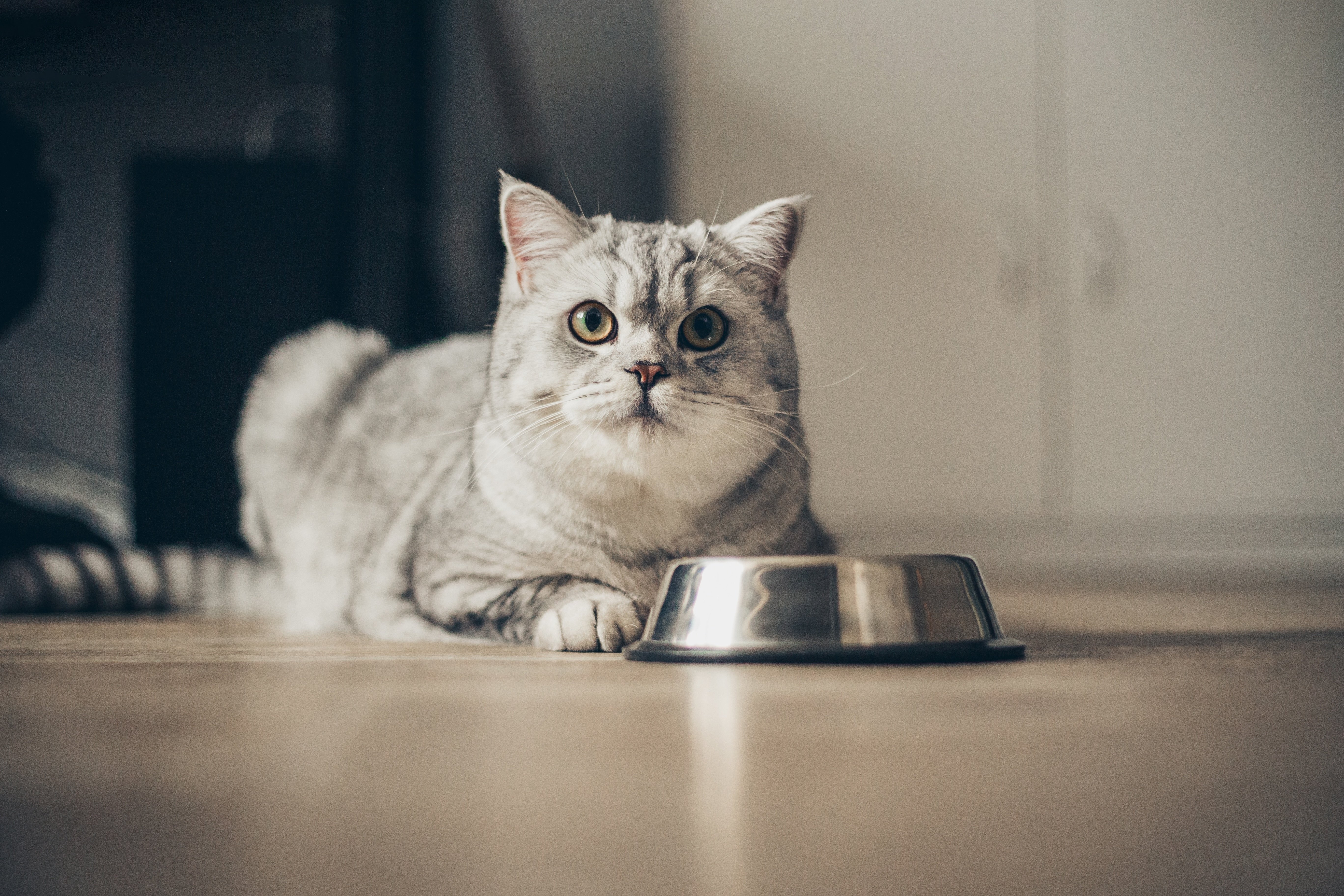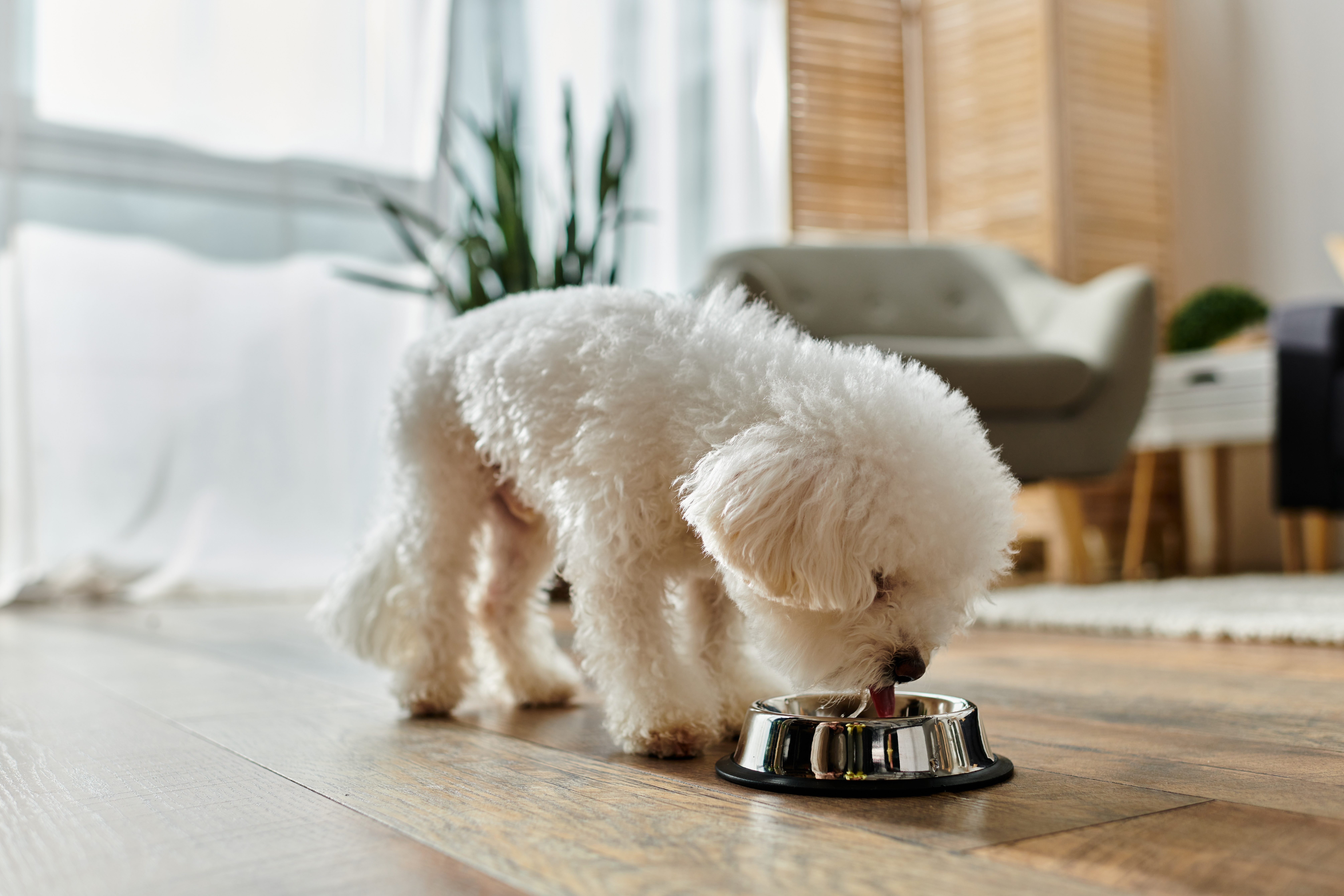
Diarrhea and Gut Problems in Pets
If your dog or cat has vomiting, diarrhea, a sensitive stomach, or changes in appetite, it could be a sign of a gastrointestinal (GI) issue. Digestive problems are some of the most common reasons pets visit the vet—and they can affect pets of any age or breed.
Common Digestive Issues in Pets
The digestive system is responsible for absorbing nutrients, fighting off harmful microbes, and maintaining a healthy gut. When something goes wrong, it can lead to symptoms like vomiting, loose stools, gas, bloating, or loss of appetite.
1. Acute Gastroenteritis
Often caused by something your pet ate (like spoiled food, table scraps, or garbage), acute gastroenteritis is an inflammation of the stomach and intestines.
Signs to watch for: sudden vomiting, diarrhea, tiredness, and possible dehydration.
2. Inflammatory Bowel Disease (IBD)
This chronic condition leads to ongoing inflammation in the intestines. It may be related to allergies, immune imbalances, or gut bacteria.
Common signs: frequent vomiting, chronic diarrhea, weight loss, or appetite changes.
3. Exocrine Pancreatic Insufficiency (EPI)
EPI is a condition where your pet’s pancreas doesn’t produce enough digestive enzymes, causing malabsorption.
Common symptoms: weight loss despite eating, large-volume soft stools, and increased hunger.
Signs Your Pet May Have a Digestive Problem
- Ongoing vomiting or diarrhea
- Weight loss despite a normal or increased appetite
- Bad breath, flatulence, or gurgling stomach sounds
- Lethargy or discomfort after eating
- Blood in stool or changes in stool consistency
If your pet shows any of these signs, consult your vet for a thorough evaluation.
-

Digestive issues should be treated very seriously
Managing Digestive Problems in Dogs and Cats
Treatment depends on the diagnosis, but many GI conditions respond well to a combination of dietary changes, gut-support supplements, and stress reduction.
1. Diet Makes a Big Difference
- Easily digestible diets can help soothe sensitive stomachs
- Hypoallergenic or limited-ingredient diets may help with food sensitivities or IBD
- Low-fat diets are often used for pancreatitis or lymphangiectasia
- Single-protein diets help identify and avoid food triggers
2. Support Gut Health with Probiotics and Prebiotics
Probiotics (good bacteria) and prebiotics (which feed those bacteria) help restore balance to your pet’s digestive system, especially during or after illness.
3. Manage Dehydration and Inflammation
Use vet-recommended supplements or GI protectants to firm up stools and soothe the gut. Omega-3 fatty acids may help reduce inflammation and support gut barrier function.
Contact your vet
Digestive problems in pets can be stressful, but with the right care and a tailored approach, most GI conditions can be managed successfully. Whether your pet has a sensitive stomach, chronic GI issues, or an occasional upset, talk to your vet about the best combination of diagnostics, diet, and supplements.